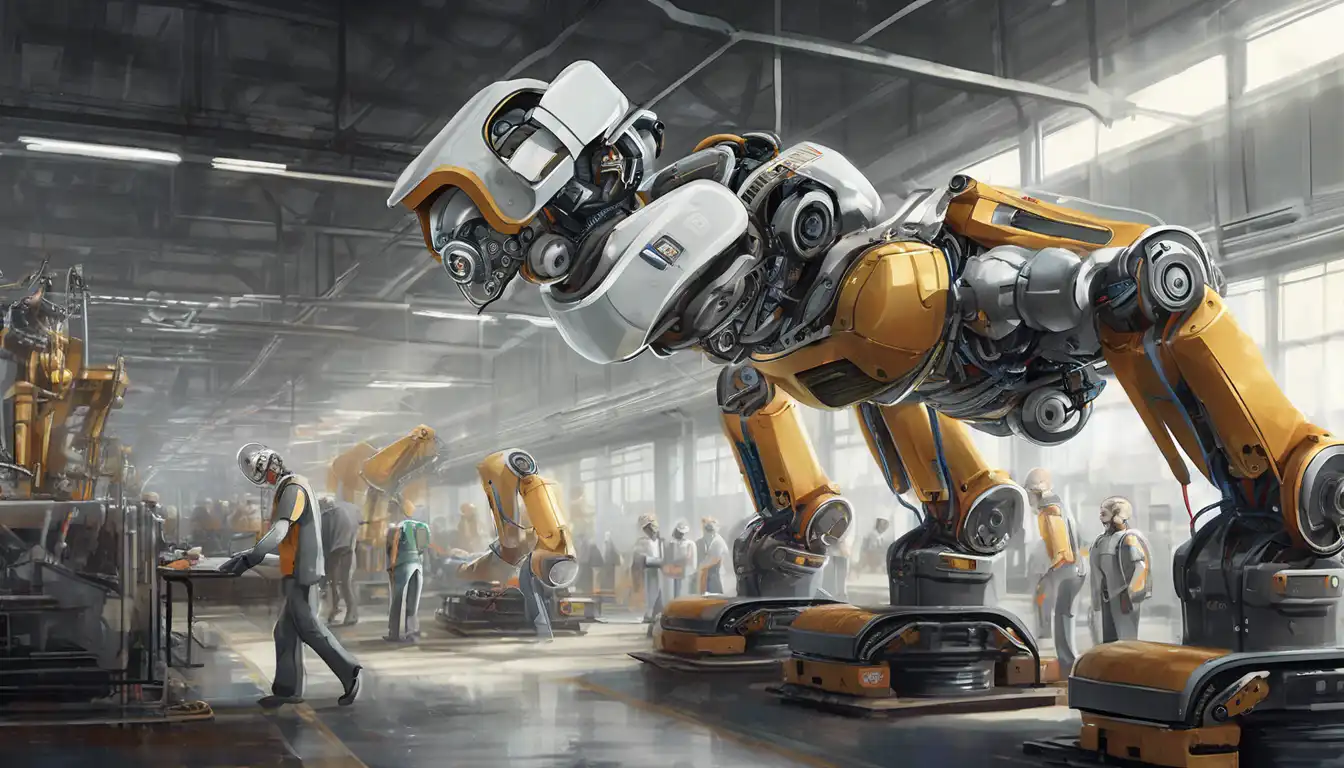The Revolutionary Impact of Robotics on Modern Manufacturing
In the ever-evolving landscape of manufacturing, robotics has emerged as a game-changer, revolutionizing how products are designed, produced, and delivered. This transformation is not just about automating repetitive tasks but about redefining efficiency, precision, and scalability in manufacturing processes.
Understanding the Role of Robotics in Manufacturing
Robotics in manufacturing refers to the use of automated machines that can perform tasks with high precision and speed. These robots are programmed to carry out complex operations, from assembly and welding to painting and packaging, with minimal human intervention.
Key Benefits of Robotics in Manufacturing
- Increased Efficiency: Robots can operate 24/7 without fatigue, significantly boosting production rates.
- Enhanced Precision: With robotics, the margin for error is drastically reduced, ensuring high-quality outputs.
- Cost Reduction: Over time, the initial investment in robotics technology pays off through reduced labor costs and increased productivity.
- Safety Improvements: Robots can take over dangerous tasks, reducing workplace injuries.
Real-World Applications of Robotics in Manufacturing
From automotive to electronics, robotics is making its mark across various sectors. For instance, in the automotive industry, robots are used for assembling parts, painting vehicles, and even inspecting finished products for defects. Similarly, in the electronics sector, robotics plays a crucial role in the precise placement of components on circuit boards.
Challenges and Considerations
Despite its numerous advantages, the integration of robotics into manufacturing is not without challenges. High initial costs, the need for skilled personnel to operate and maintain robots, and concerns over job displacement are some of the hurdles that industries face.
The Future of Robotics in Manufacturing
As technology advances, the future of robotics in manufacturing looks promising. Innovations such as collaborative robots (cobots), which work alongside humans, and the integration of artificial intelligence (AI) are set to further transform the sector. These developments will not only enhance operational efficiency but also open up new possibilities for customization and flexibility in manufacturing.
In conclusion, robotics is undeniably transforming the manufacturing industry, offering unparalleled benefits in terms of efficiency, quality, and safety. While challenges remain, the potential for growth and innovation is immense. As we move forward, the adoption of robotics will continue to be a key driver in shaping the future of manufacturing.
